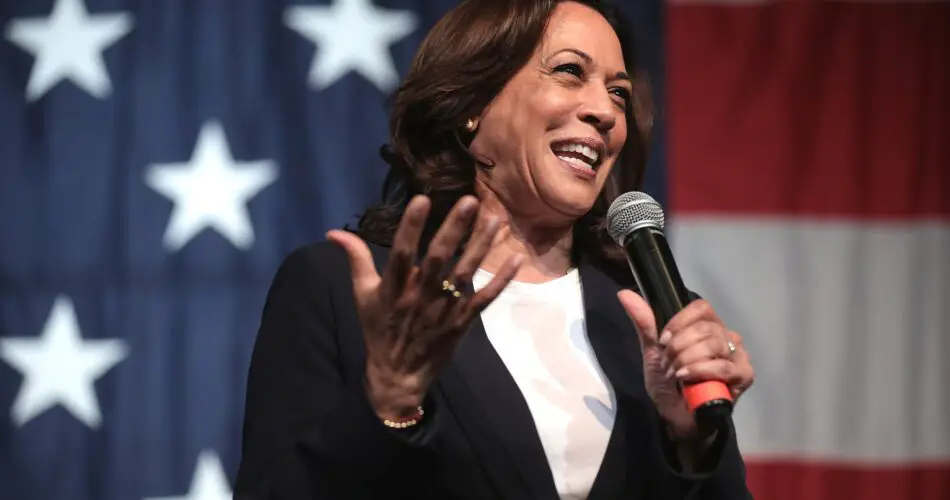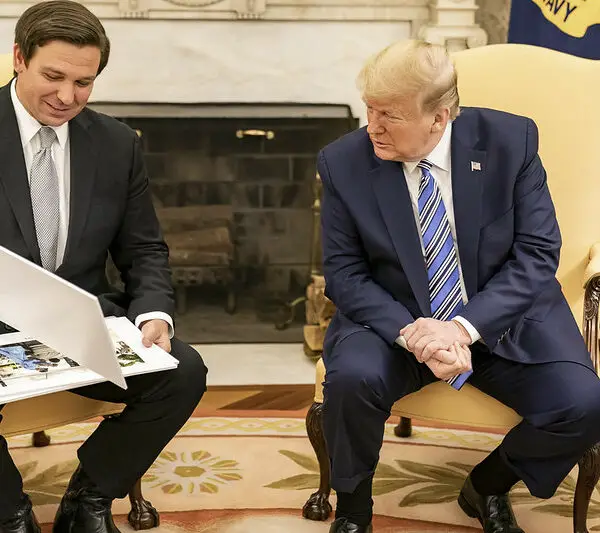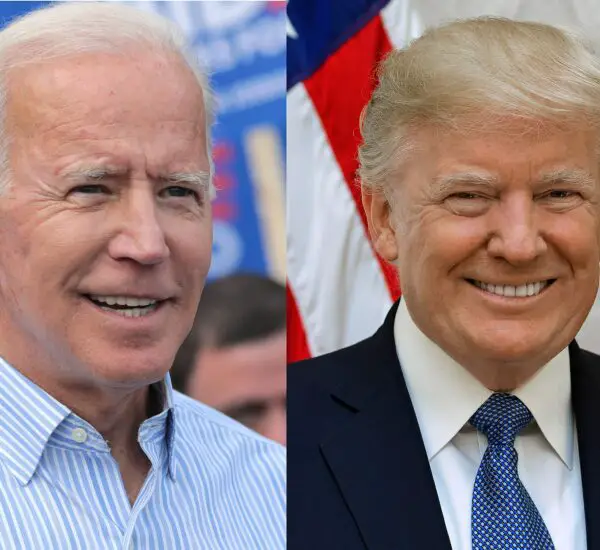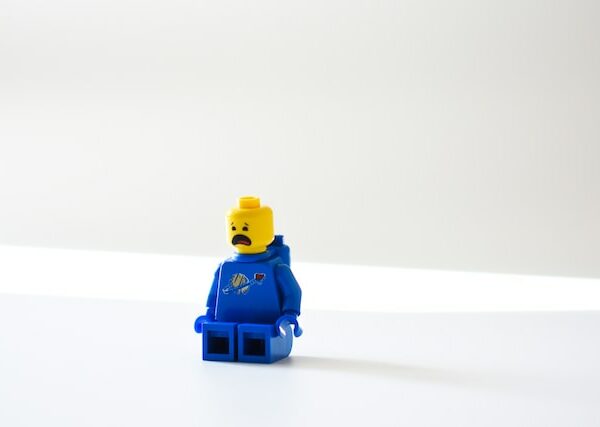Judge Approves Limited Restriction on Trump’s Comments Regarding Jan. 6 Witnesses
On Monday, a federal judge declared an impending directive prohibiting ex-President Trump from publicly denigrating upcoming witnesses, prosecutors, or court personnel and their relatives in his ongoing case regarding election interference.
Judge Tanya Chutkan emphasized that Trump’s position as a political candidate does not entitle him to initiate an unbridled “defamation campaign” against individuals associated with the case. She underscored that the principles of the First Amendment are secondary to ensuring justice and safeguarding witnesses.
However, she opted not to endorse the expansive restrictions the Justice Department sought in September, which included a prohibition against any derogatory remarks directed at her or Washington, D.C. Instead, she assured that an impartial jury would be selected, uninfluenced by Trump’s consistent criticisms of the city.
Judge Chutkan didn’t provide a detailed outline of the order, stating that she would delineate only its “framework” and would compose a detailed version subsequently.
She did specify, though, that the directive wouldn’t prevent Trump from critiquing President Biden or alleging political bias behind his prosecution — a claim the Justice Department refuted again during the proceedings.
Chutkan stated, “This isn’t about my personal reaction to Mr. Trump’s discourse. It’s about the language that jeopardizes the execution of justice.”
This resolution followed the Justice Department’s appeal to curb rhetoric deemed disparaging, provocative, or threatening concerning the case. Prosecutors argued this was essential to prevent Trump, given his significant influence, from swaying the proceedings, while Trump’s representatives argued it was an unprecedented infringement on a presidential candidate’s freedom of speech.
Chutkan explained that her decision reflects the conditions of being a defendant in a criminal case, observing Trump’s multiple legal battles and emphasizing that certain speech restrictions are permissible, and that “Trump isn’t entitled to unrestricted freedom of expression.”
During the extensive hearing, Chutkan expressed concern over Trump’s derogatory terms for special counsel Jack Smith.
She remarked, “It’s unthinkable for a defendant in any other criminal case to be permitted to label a prosecutor as unhinged or a bully.”
Chutkan refused to allow such conduct in this instance just because the defendant is engaged in a political campaign.
Trump, indicted on four criminal charges in August for his attempts to reverse the 2020 election results, has pleaded not guilty, dismissing all accusations as politically motivated.
The quick ruling on this complex matter, which Trump’s legal team has vowed to challenge, followed a change in the hearing’s atmosphere.
Judge Chutkan frequently reprimanded Trump’s lawyer, John Lauro, for evading legal queries and echoing campaign-style statements.
She asserted, “I won’t tolerate any political grandstanding in my courtroom,” reminding that “political agendas have no place in this legal space.”
On one occasion, she implied Lauro was playing to an audience beyond the courtroom.
Lauro kept suggesting postponing the trial until after the election to avoid these complicated issues.
However, Chutkan was firm, “The trial schedule won’t be dictated by electoral timelines, and there will be no change in the set date.”
The trial is scheduled to commence on March 4, right before Super Tuesday.
Chutkan initiated the session by acknowledging the verbal assaults she and the prosecutors had endured from Trump just the previous evening. She emphasized the need for directives, fearing continual similar outbursts without them.
Lauro, however, intertwined all speech-related matters with the election, citing the timing of the prosecution.
He argued, “Mr. Trump has the right to voice his belief in political prejudice in his prosecution and to articulate his sense of unfair treatment.”
Chutkan quizzed Lauro about Trump’s personal attacks on various parties, cautioning about potential incitement.
Lauro downplayed these apprehensions, referring to First Amendment protections, and argued that the statements weren’t obviously threatening.
Chutkan disagreed, challenging the obviousness of his claim.
The prosecution stressed the influence of Trump’s statements, suggesting they encourage threats and not only prejudice potential jurors but also intimidate witnesses.
They also criticized Trump’s tactic of “conducting the trial in the media,” arguing it could compromise future jurors’ impressions of the case and those involved.
Yet, Chutkan, while enforcing the gag order, adjusted its application, expressing reservations about the prosecutors’ broad initial suggestion.
She outlined specific exceptions, notably allowing Trump to criticize former Vice President Pence, a potential witness and current 2024 primary candidate, as long as it didn’t pertain to case specifics.
Chutkan also dismissed the proposal to restrict criticisms of Washington, D.C., which Trump had previously lambasted.
As the session neared conclusion, Lauro highlighted the gravity of potential restrictions.
“Are we considering confining President Trump until the elections are over?” he inquired.
He lamented the complicated situation unfolding, referring to it as a “gigantic can of worms.”





